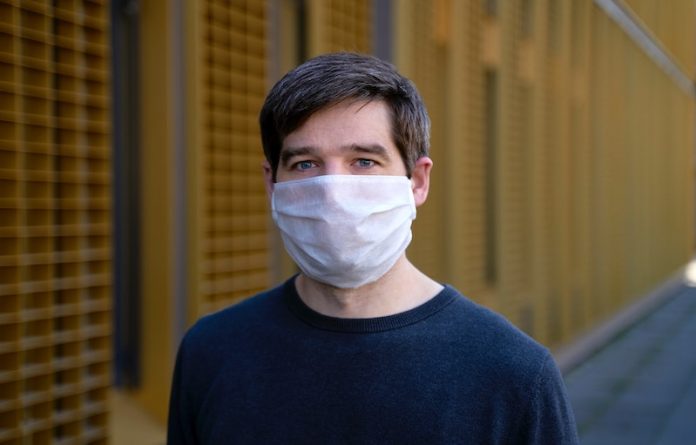
In a study from Washington University in St. Louis, scientists found in men diagnosed with COVID-19, those with low testosterone levels are more likely to become seriously ill and end up in the hospital than men with normal levels of the hormone.
Low testosterone is very common; up to a third of men over 30 have it.
Previous research had shown that men hospitalized with COVID-19 have abnormally low testosterone levels. However, severe illness or traumatic injury can cause hormone levels to drop temporarily.
Data from men who are already hospitalized with COVID-19 doesn’t really answer the question of whether low testosterone is a risk factor for severe COVID-19 or a result of it.
For that, the researchers needed to know whether men with chronically low testosterone levels get sicker than men with normal levels.
In the study, they analyzed the cases of 723 men who tested positive for COVID-19, mostly in 2020 before vaccines were available.
They showed that low testosterone is a big risk factor for COVID-19 hospitalization, similar to diabetes, heart disease and chronic lung disease.
They found that men with low testosterone who developed COVID-19 were 2.4 times more likely to require hospitalization than men with hormone levels in the normal range.
Further, men who were once diagnosed with low testosterone but successfully treated with hormone replacement therapy were no more likely to be hospitalized for COVID-19 than men whose testosterone levels had always tested in the normal range.
The findings suggest that treating men with low testosterone may help protect them against severe disease and reduce the burden on hospitals during COVID-19 waves.
Men with low testosterone levels can experience sexual dysfunction, depressed mood, irritability, difficulty with concentration and memory, fatigue, loss of muscular strength and a reduced sense of well-being overall.
When a man’s quality of life is clearly diminished, he is typically treated with testosterone replacement therapy. When the symptoms are mild, though, doctors and patients may hesitate to treat.
The two main concerns related to testosterone therapy are an increased risk of prostate cancer and heart disease. Prostate cancer is common in older men, and it is often driven by testosterone.
Boosting testosterone could possibly speed the growth of such cancers, worsening the disease.
For heart disease, the evidence for risk is more ambiguous. A large clinical trial on the relationship between heart health and testosterone supplementation is expected to be completed soon.
If you care about Covid, please read studies about the root causes of severe COVID-19, and new chewing gum could reduce COVID-19 transmission.
For more information about Covid, please see recent studies that shark stuff could fight COVID-19 virus, and results showing this common drug could almost halve COVID-19 death risk.
The study was conducted by Abhinav Diwan et al and published in JAMA Network Open.
Copyright © 2022 Knowridge Science Report. All rights reserved.



